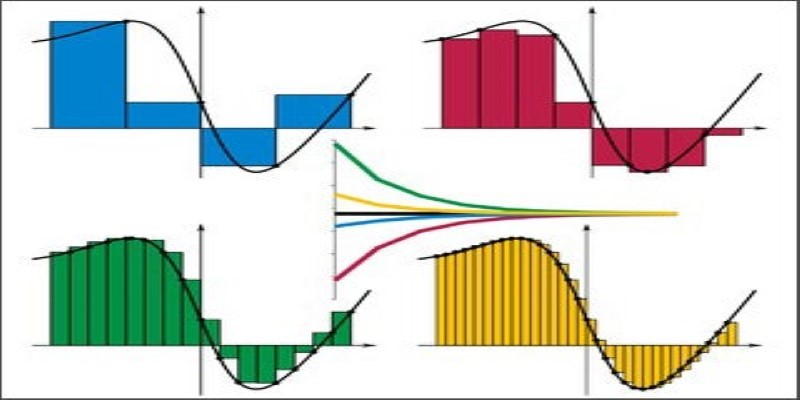
About Course
Numerical Analysis computations historically play a crucial role in natural sciences and engineering.
These days, however, it’s not only traditional «hard sciences»: whether you do digital humanities or biotechnology, whether you design novel materials or build artificial intelligence systems, virtually any quantitative work involves some amount of numerical computing.
These days, you hardly ever implement the whole computation yourselves from scratch. We rely on libraries that package tried-and-tested, battle-hardened numerical primitives.
It is vanishingly rare however that a library contains a single pre-packaged routine that does all that you need. Numerical Analysis computing involves assembling these building blocks into computational pipelines. This kind of work requires a general understanding of basic numerical methods, their strengths and weaknesses, their limitations, and their failure modes.
And this is exactly what this course is about. It is meant to be an introductory, foundational course in numerical analysis, with a focus on basic ideas. We will review and develop basic characteristics of numerical algorithms (convergence, approximation, stability, computational complexity, and so on), and will illustrate them with several classic problems in numerical mathematics.
You will also work on implementing abstract mathematical constructions into working prototypes of numerical code. Upon completion of this course, you will have an overview of the main ideas of numerical computing and will have a solid foundation for reading up on and working with more advanced numerical needs of your specific subject area. As prerequisites for this course, we assume a basic command of college-level mathematics (linear algebra and calculus, mostly), and a basic level of programming proficiency.
Course Content
Numerical Analysis
-
Overview of Numerical Analysis
00:00 -
Iteration Method
00:00 -
Secant Method
00:00 -
Newton Raphson Method
00:00 -
Gauss Elimination Method
00:00 -
Gauss Jordan Method
21:56 -
LU Decomposition Method
00:00 -
Jacobi method
00:00 -
Gauss Seidel Method
00:00 -
Telegram Group & Channel
00:00 -
Question and Answer
00:00 -
When Study is So Boring
00:00 -
Regula Falsi Method
00:00 -
Bisection Method
00:00 -
Tips to Study Maths, How to Study Maths, How to Score Good Marks in Maths
00:00 -
Interpolation Formula -Newton Forward & Backward
00:00 -
Interpolation Formula – Stirling, Gauss Forward & Backward, Bessel’s
00:00 -
Lagrange Interpolation
00:00 -
Numerical Integration – Trapezoidal Rule, Simpsons 1/3 & 3/8 Rule
00:00 -
Picard method of successive approximations Example for solving ODE
00:00 -
Euler Modified Method – Solution Of ODE By Numerical Method
00:00 -
Runge Kutta Method of 4th Order – Solution of ODE By Numerical Method
00:00 -
Milne Predictor & Corrector Method – Solution Of ODE Numerical Method
00:00 -
Adam Bashforth Predictor And Corrector Method – Solution Of ODE
00:00 -
Curve Fitting Straight Line & Second Degree Parabola By Least Square
00:00 -
Curve Fitting Of Exponential Curve By Least Square Method Examples
00:00 -
Coronavirus
00:00
Student Ratings & Reviews

